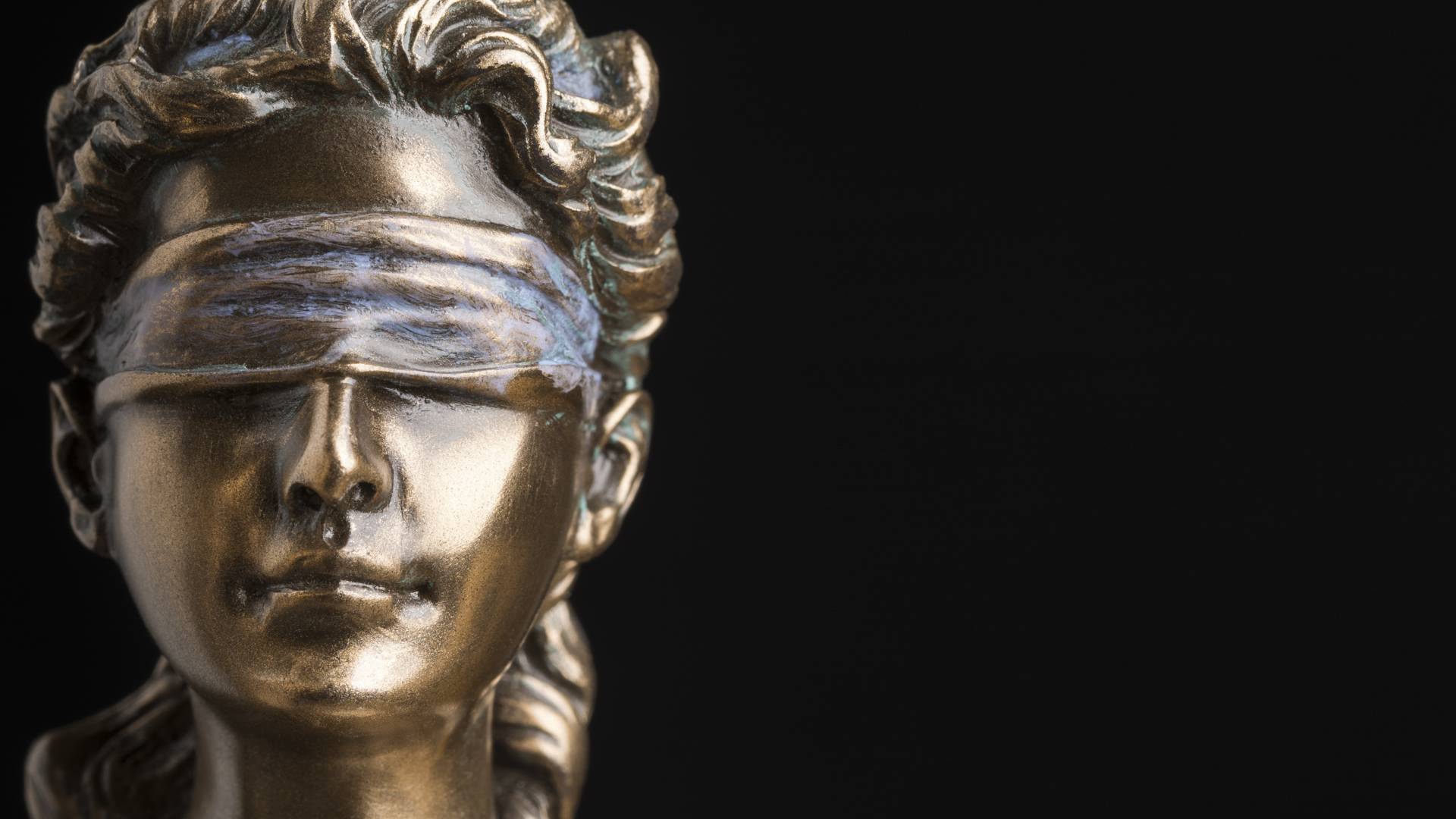Many people believe if they fall over and hurt themselves in a store or at another premises, the business is automatically responsible for their injuries.
This is not always the case. Although slip and fall cases are often brought forward under the duties of "premises liability" that a business owes to those it invites onto the premises, these cases are seldom straightforward.
The fact you are hurt in a store or at another business is not enough itself to automatically have a successful case against a the business owner, a management company or another party. However, there are circumstances in which property owners are responsible for injuries sustained on their property. In South Carolina, the owners of properties have very specific duties to people on their property. When property owners fail in these duties and shoppers or other customers are hurt, the property owner is responsible for paying damages.
South Carolina has a well-established law of premises liability. In order to be successful in a lawsuit, a victim must prove that the owner of the property or another responsible party, breached a duty owed to the injured party.
In South Carolina a party such as a shopper is known as an invitee. Store owners owe a duty to avoid creating unreasonable risks that will lead the people who are invited onto their property to suffer injury.
In a slip and fall case, the injured person must prove:
1 – That the owner or an employee placed the substance that caused the injury on the floor.
An owner can be responsible for acts of an employee or an outside cleaning company hired to do work. However, a case against a third party who put the substance on the floor, such as another shopper who broke a bottle, is unlikely to be successful unless the owner knew about the hazard and failed to take action .
2 - The owner knew or should have known that the substance was on the floor.
The injured party must then prove that the owner of a store, a manager or employees failed to remove a substance they were aware of or failed to warn other people of its presence. Shoppers are also expected to watch where they are going so a glaringly obvious spill should not be successful in a slip and fall case. Shoppers should not have been acting in a way that could have caused them to be injured such as running..
However, if an employee mops a floor and leaves it wet, the store has a duty to warn others. The most common warning method used is to place a "wet floor" sign in an area that has recently been mopped. The sign should absolve the store owner of liability for injuries if it is placed in an obvious location. However, if an employee fails to place the "wet floor" sign by a mop area and a slip and fall injury occurs, the store owner would be responsible for damages for the injury.
Stores can be held liable for hazards in their parking lots and on sidewalks outside if they are responsible for maintaining these areas. For example, stores are responsible for clearing snow and ice from the area outside the entrance.
In 2004, The manager of a Bluffton outlet store in South Carolina won nearly $3.6 million in a jury verdict after she tripped and fell over a metal rod that stuck out more than five inches above the shopping center's sidewalk.
However, premises liability cases can be tough. Generally it's only worth pursuing these cases if you have sustained substantial injuries rather than sprains or bruises.
Our Columbia, SC slip and fall attorneys can advise you if you have a premises liability case. Call us at 803.938.4952.
